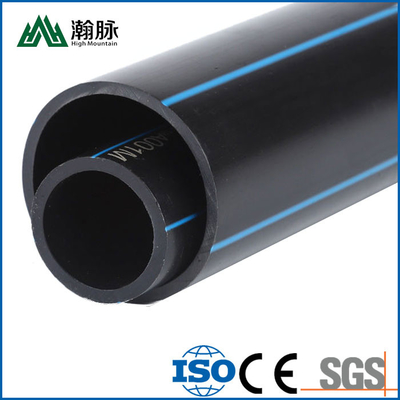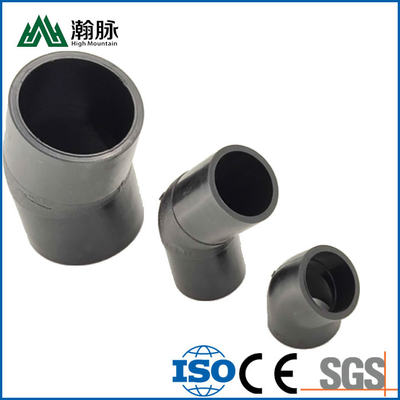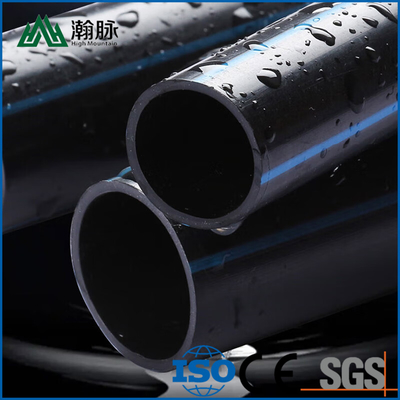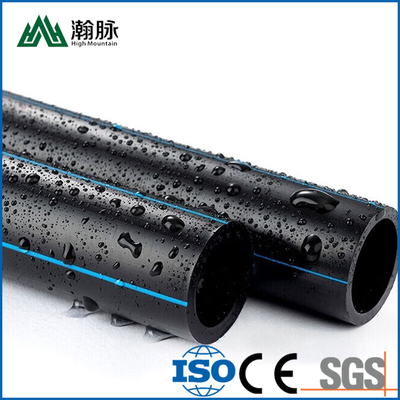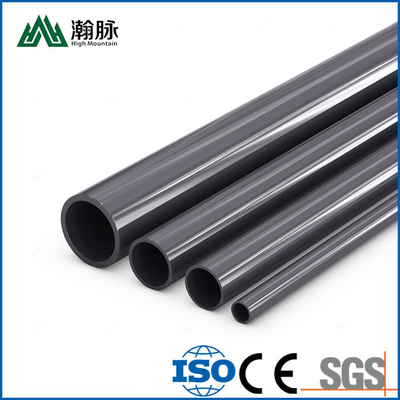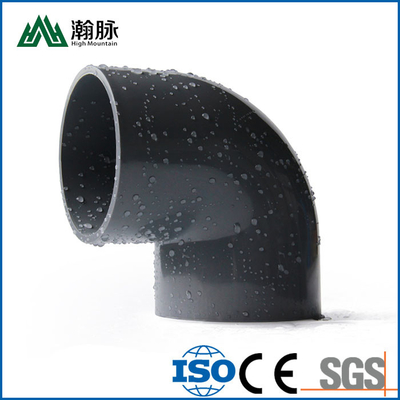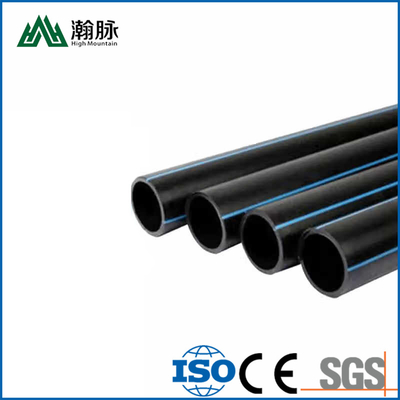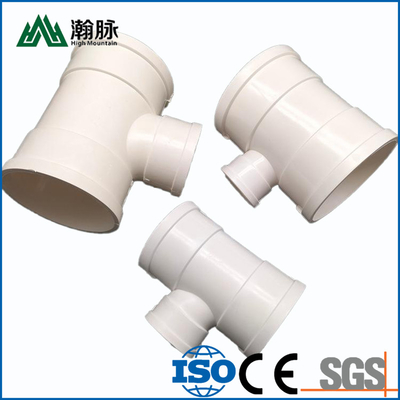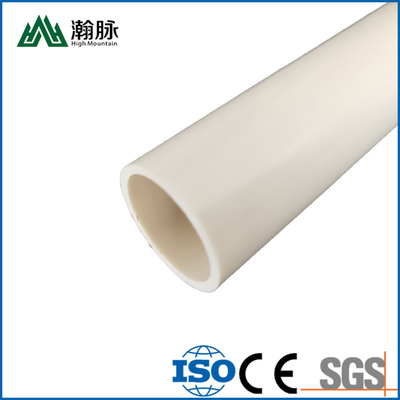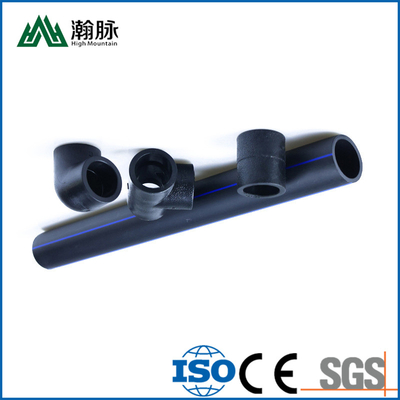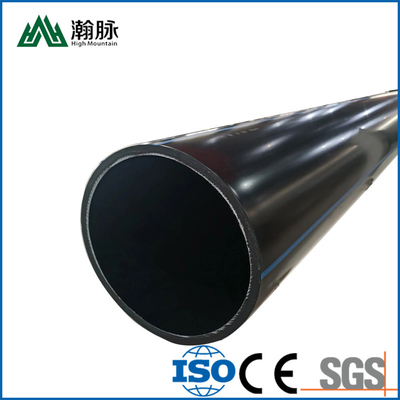PE (Polyethylene) plastic pipes have emerged as a cornerstone in modern agricultural practices, particularly in the realm of water management. With their versatility, durability, and efficiency, PE plastic pipes have revolutionized the way water is distributed and utilized in farming. In this article, we explore the various applications, benefits, and significance of PE plastic pipes in agricultural water management systems.

Applications of PE Plastic Pipes in Agriculture
PE plastic pipes find extensive applications in agricultural water management systems, catering to various needs within farming operations. Some key applications include:
Irrigation Systems: PE plastic pipes serve as the lifeline of irrigation systems, efficiently delivering water to crops for optimal growth and yield. Their flexibility and corrosion resistance make them ideal for both surface and subsurface irrigation methods.
Water Supply Networks: PE plastic pipes are used to establish water supply networks across agricultural fields, ensuring a reliable and consistent water supply for irrigation, livestock, and other farming activities. Their lightweight nature simplifies installation and reduces maintenance costs.
Drainage Systems: In addition to water supply, PE plastic pipes play a crucial role in agricultural drainage systems, effectively removing excess water from fields to prevent waterlogging and soil erosion. Their smooth interior surface minimizes clogging and ensures efficient water flow.

Benefits of PE Plastic Pipes
The adoption of PE plastic pipes in agriculture offers numerous benefits:
Durability: PE plastic pipes exhibit excellent resistance to corrosion, abrasion, and chemical degradation, ensuring long-term durability even in harsh agricultural environments.
Flexibility: PE plastic pipes are highly flexible and can withstand bending and twisting without the risk of damage, making them suitable for installation in uneven terrain or around obstacles.
Cost-Effectiveness: PE plastic pipes are cost-effective compared to traditional materials like metal or concrete pipes. Their lightweight construction reduces transportation costs and simplifies handling during installation.
Low Maintenance: PE plastic pipes require minimal maintenance, as they are resistant to rust, rot, and biological growth. This translates to reduced downtime and operational costs for farmers.
Significance in Agricultural Water Management
The adoption of PE plastic pipes has significant implications for agricultural water management:
Water Conservation: PE plastic pipes enable precise water delivery to crops, minimizing water wastage and promoting efficient water use in agriculture. This is crucial for conserving water resources and mitigating the impact of droughts and water scarcity.
Increased Productivity: By ensuring a reliable and consistent water supply, PE plastic pipes contribute to increased crop productivity and yields, thereby enhancing food security and farmer livelihoods.
Environmental Sustainability: PE plastic pipes are environmentally friendly, as they are recyclable and have a low carbon footprint compared to traditional materials. Their use in agriculture promotes sustainable farming practices and reduces the industry's environmental impact.

Future Outlook
As the global population continues to grow, the demand for agricultural products will rise, necessitating efficient water management solutions. PE plastic pipes are poised to play a pivotal role in meeting this demand, offering sustainable, cost-effective, and reliable water distribution solutions for farmers worldwide. Continued innovation in pipe manufacturing techniques and irrigation technologies will further enhance the efficiency and effectiveness of PE plastic pipes in agriculture, driving productivity, profitability, and sustainability in farming practices.
In conclusion, PE plastic pipes have revolutionized agricultural water management, offering a versatile, durable, and efficient solution for distributing water in farming operations. With their myriad benefits and applications, PE plastic pipes are indispensable tools for farmers seeking to optimize water use, enhance crop yields, and promote sustainable agriculture practices.

 Your message must be between 20-3,000 characters!
Your message must be between 20-3,000 characters! Please check your E-mail!
Please check your E-mail!  Your message must be between 20-3,000 characters!
Your message must be between 20-3,000 characters! Please check your E-mail!
Please check your E-mail! 
